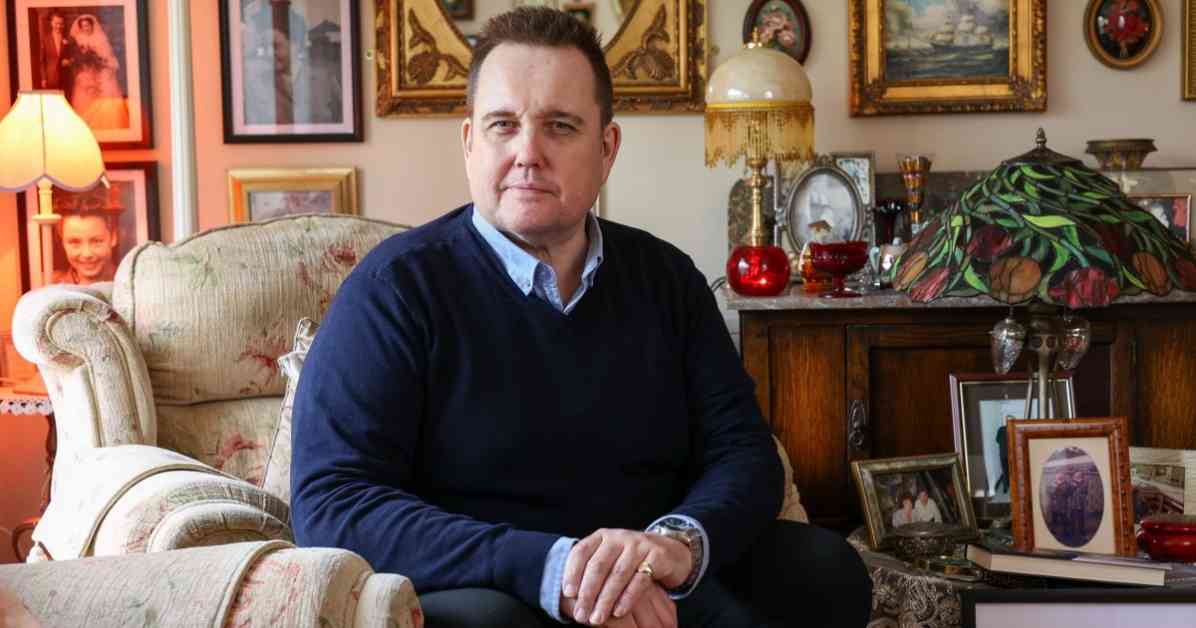Shaun Evans, a 55-year-old businessman from Wolverhampton, recently underwent a penile amputation due to a rare form of cancer. Initially dismissing the symptoms as a bad bruise, Shaun eventually sought medical attention when he noticed blood and a cold sore on his penis. After a series of tests and delays due to his heart condition, Shaun was diagnosed with penile cancer and had to have his penis amputated in December 2022.
Penile cancer is a rare type of cancer that primarily affects the skin of the penis and foreskin, typically found in men over 50 years old. Symptoms include growths, lumps, sores, rashes, bleeding, discharge, and changes in skin color. Early detection is crucial, and anyone experiencing these symptoms should consult their doctor.
After the surgery, Shaun described feeling isolated and struggling with his masculinity. He had to adjust his bathroom routine and cope with the emotional aftermath of the operation. Despite the challenges, Shaun is taking life one day at a time, grateful for being pain-free and able to appreciate the simple things in life.
By sharing his story, Shaun hopes to raise awareness about penile cancer and encourage other men to pay attention to their health. While penile cancer is rare in the UK, the number of cases is expected to increase in the coming years. Regular check-ups and early intervention can make a significant difference in treatment outcomes.
It’s essential for men to be proactive about their health and to seek medical advice if they notice any concerning symptoms. Shaun’s journey serves as a reminder of the importance of self-care and early detection when it comes to cancer and other serious illnesses. By sharing his experience, he is helping others understand the importance of prioritizing their well-being and seeking help when needed.
If you have any concerns about your health or symptoms that worry you, don’t hesitate to contact your healthcare provider. Regular screenings and check-ups can help detect potential issues early and improve treatment options. Stay informed, stay proactive, and take care of yourself. Your health matters, and early intervention can save lives.












